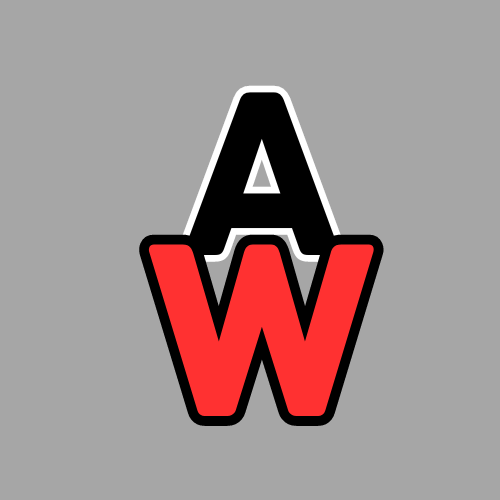OTTAWA, (Reuters) – Canada today took a cautious first step toward easing COVID-19 border restrictions, saying it was prepared to relax quarantine protocols for fully vaccinated citizens returning home starting in early July.
Canada’s air and land borders have allowed for only essential travel since March of last year, and Canadians coming home are currently required to quarantine for 14 days. If they arrive by air, they also must stay in a designated hotel until they receive a negative COVID-19 test.
“The first step … is to allow fully vaccinated individuals currently permitted to enter Canada to do so without the requirement to stay in government-authorized accommodation,” Health Minister Patty Hajdu told reporters today.
The easing of restrictions will hinge on COVID-19 case numbers and vaccinations, she said.
Canadian businesses, especially airlines and those that depend on tourism, have been lobbying for Ottawa to relax restrictions as more and more people are vaccinated. But Hajdu made clear that Ottawa would act slowly.
Asked about calls from businesses to lift restrictions starting on June 22, Hajdu said: “We do want to be cautious and careful on these next steps to be sure that we are not putting that recovery in jeopardy.”
The Canadian Chamber of Commerce welcomed the announcement but said much work still remained.
“As other countries move ahead with their reopening plans, it is critical for Canada to catch up by providing a national reopening strategy, including a plan for border measures,” it said in a statement.
By June 21, Canada is due to decide whether to extend land border restrictions with the United States. The measures do not affect trade.
Hajdu said Canada would take a “phased approach towards adjusting current border measures.”
It is still unclear when the border rules might change for foreign travelers.
There will be as many as seven phases, with borders not fully open until some 75% of Canadians are fully vaccinated, a source familiar with the matter said.
Canada is working on developing a vaccine certificate that can be presented at the border as proof of vaccination, Intergovernmental Affairs Minister Dominic LeBlanc told reporters.
Even if fully vaccinated, Canadians will be required to take a COVID-19 test before departure and upon arrival, and then quarantine until they receive a negative result, Hajdu said
Some 70% of eligible Canadians have received a first shot, Procurement Minister Anita Anand said today, while about 10% are fully vaccinated.
Canada is due to receive millions of doses of both the Pfizer/BioNTech and Moderna vaccines in June. Canada will receive 7 million doses of the Moderna vaccine, with some coming for the first time from the United States, Anand said.
On Tuesday, the Biden administration said it was forming expert working groups with Canada, Mexico, the European Union and the United Kingdom to determine how best to safely restart travel after 15 months of pandemic restrictions.




